When Valve announced it was bringing The International back home to Seattle for TI12, it was supposed to be a celebration. Instead, the decision to price up event tickets has been widely panned as horrific by fans—and it looks like competitive Dota 2 players are of a similar mindset behind the scenes.
According to sources who wished to remain anonymous, Dot Esports has learned that Valve is limiting behind-the-scenes access for teams, something that has always been available in previous years, such as providing tickets to competing squads to use during the playoffs and who can enter practice rooms.
With the new format TI12 is taking, turning the group stage and playoffs into The Road to The International and calling the top eight The International proper, Valve has also changed its approach to non-public attendance. Apparently, Valve will not provide a suite for group-stage viewership to teams, completely doing away with the luxury after suspending it for TI11 in Singapore due to “limited space,” according to the same sources.
There will also reportedly be no compensated tickets for teams to hand out to family, friends, and staff who want to attend the playoff stage from Oct. 20 to 22. Each team will only have 10 “tickets” for access if they are playing in the playoffs, which we assume is a separate number from the seven team badges that it seems each competing organization will get.
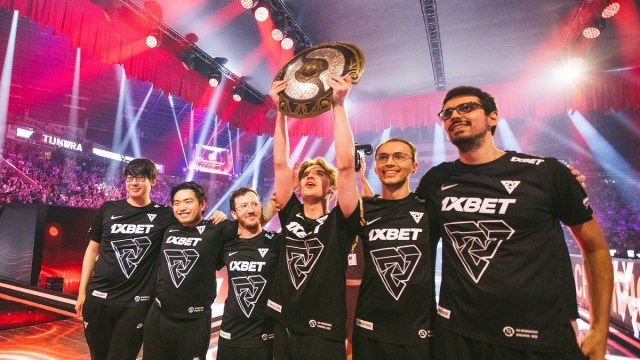
For TI12’s final weekend from Oct. 27 to 29 at Climate Pledge Arena teams will be given tickets from Valve, but it is limited to 12 per org. Any additional tickets that a team wants to give out will need to be a purchased general admission ticket, up to 20 of which Valve is holding in reserve for each team—with a single three-day admission costing $699 without taking taxes and fees into account.
In addition to viewership and ticket limitations, Valve is also reportedly implementing a hard cap on seven badged individuals being allowed into a practice room at any given time. That means the five players, the team coach, and one additional badge that most orgs will use for their manager.
This is something that Valve has done in the past to keep the number of potential personnel-caused issues to a minimum, causing controversy in the past with the CS:GO scene while it was dealing with the fallout of a coaching ban wave as well as a way to cut operation costs.
Multiple teams have voiced their displeasure with this change because it means they are going to be limited in what content they can create during TI while competing, according to our sources. This cuts off the means to record player comms, pre-game speeches, drafting insight, and more with a dedicated videographer or team before and after matches.
More than one team is also afraid to push the envelope about these changes because they are “afraid of Valve.” That could be for a number of reasons but, according to one source, they don’t want to risk getting anyone on staff or working on a freelance contract blacklisted by Valve like former pro player and analyst Kyle Freeman has been.
While he never officially retired from competitive play, Kyle began working more on the broadcast side of Dota in 2019, commentating at dozens of events including three TIs. After TI10 in October 2021, however, he basically dropped out of the Dota scene, reportedly blacklisted by Valve—likely for how outspoken he has been about the sometimes lackluster handling of the competitive scene.
“They don’t want Valve to blacklist them like they did Kyle,” the anonymous source said. “Valve has literally told TOs not to hire Kyle. There’d be almost no sympathy if Valve blacklisted some film crew member for [a team like] Tundra.”
With how outraged the community has been about TI12 ticket prices in general, with one person wanting to attend all available days for the playoffs and the finals having to pay close to $2,000 after fees, the silent rage from teams just adds to that pile. And, knowing Valve’s track record, nothing will be publicly acknowledged or improved before the event begins on Oct. 12.


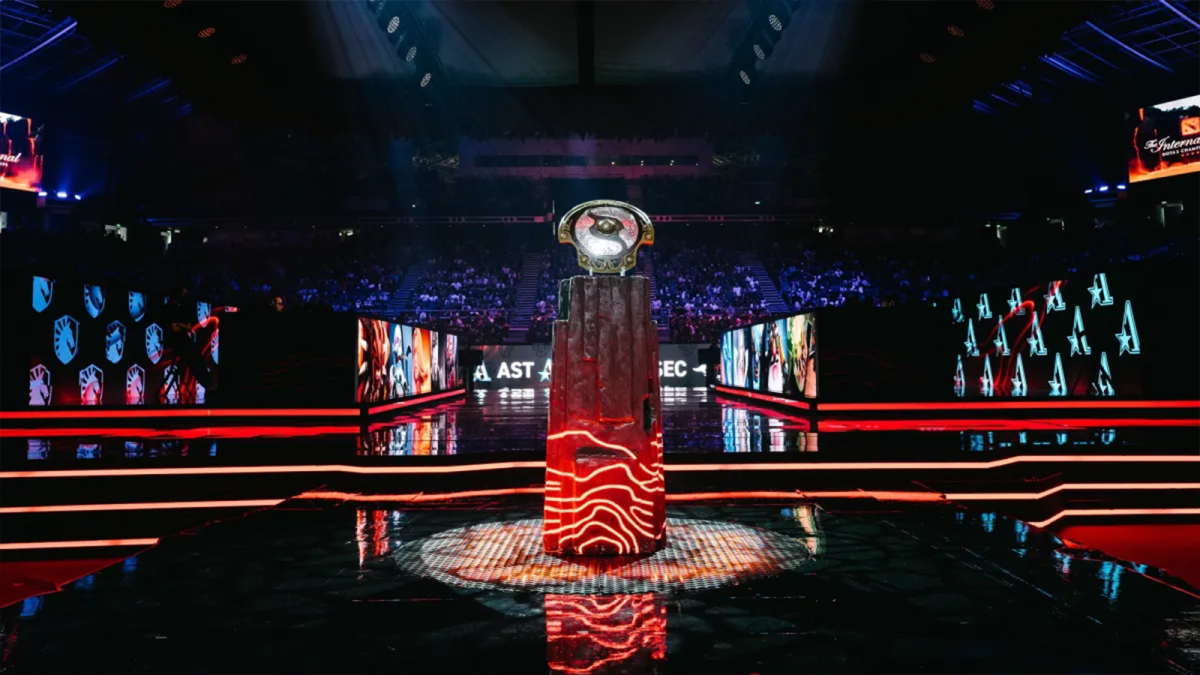

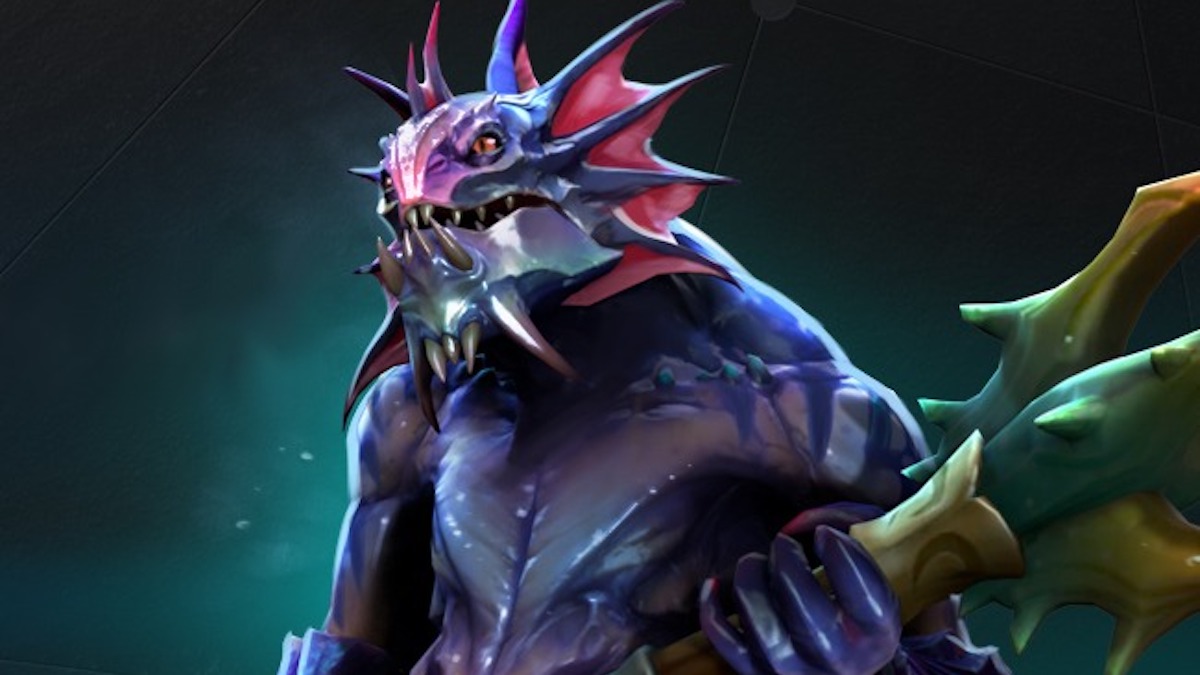
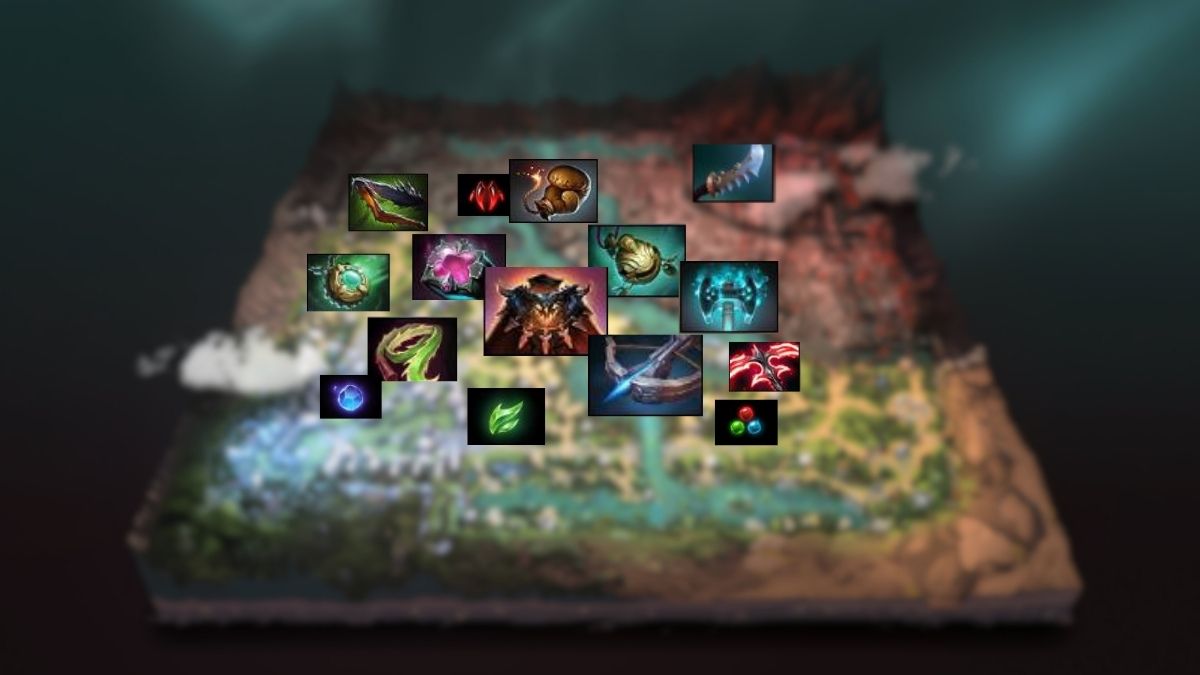
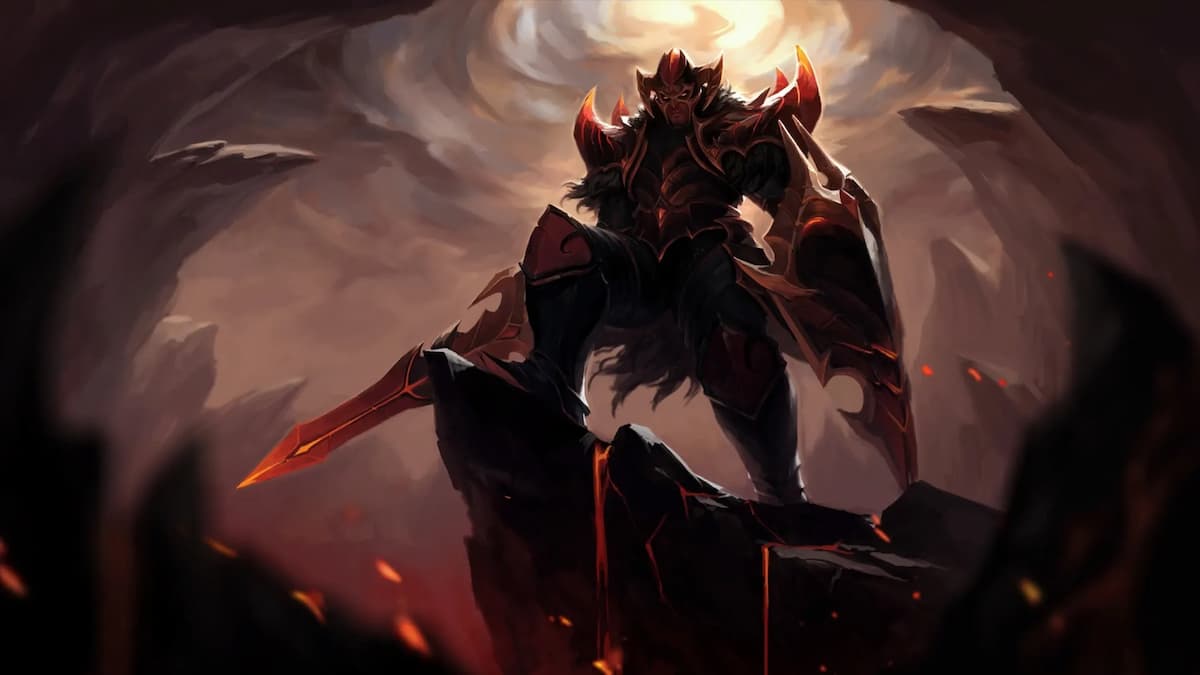
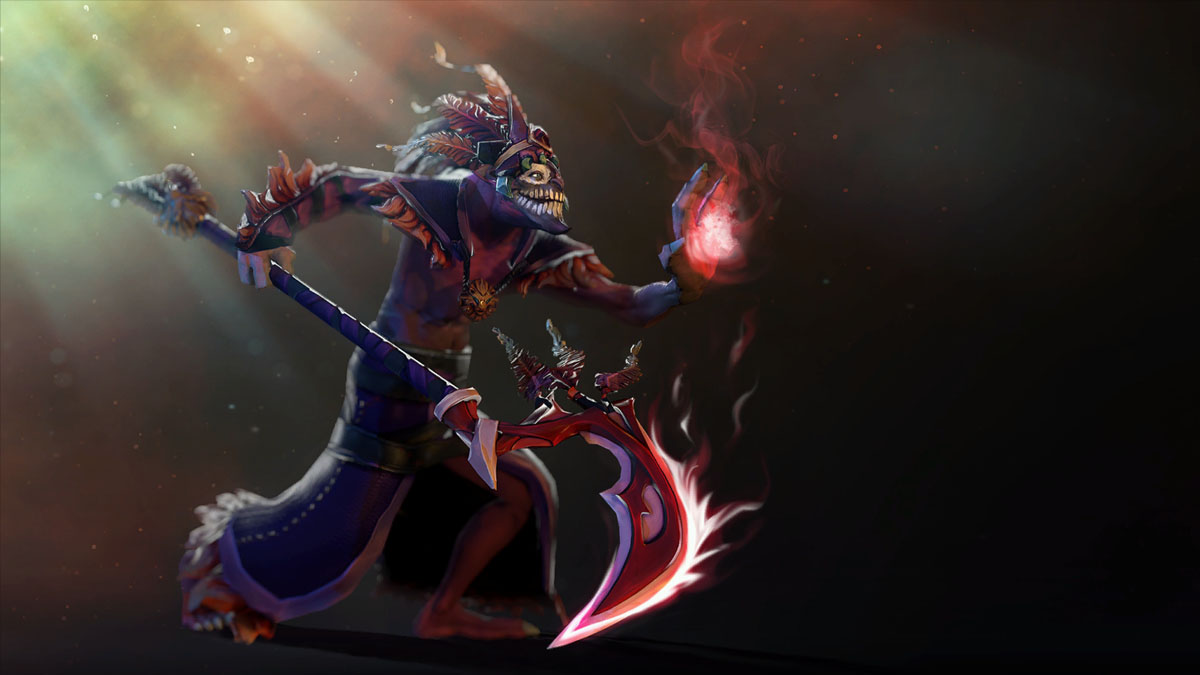

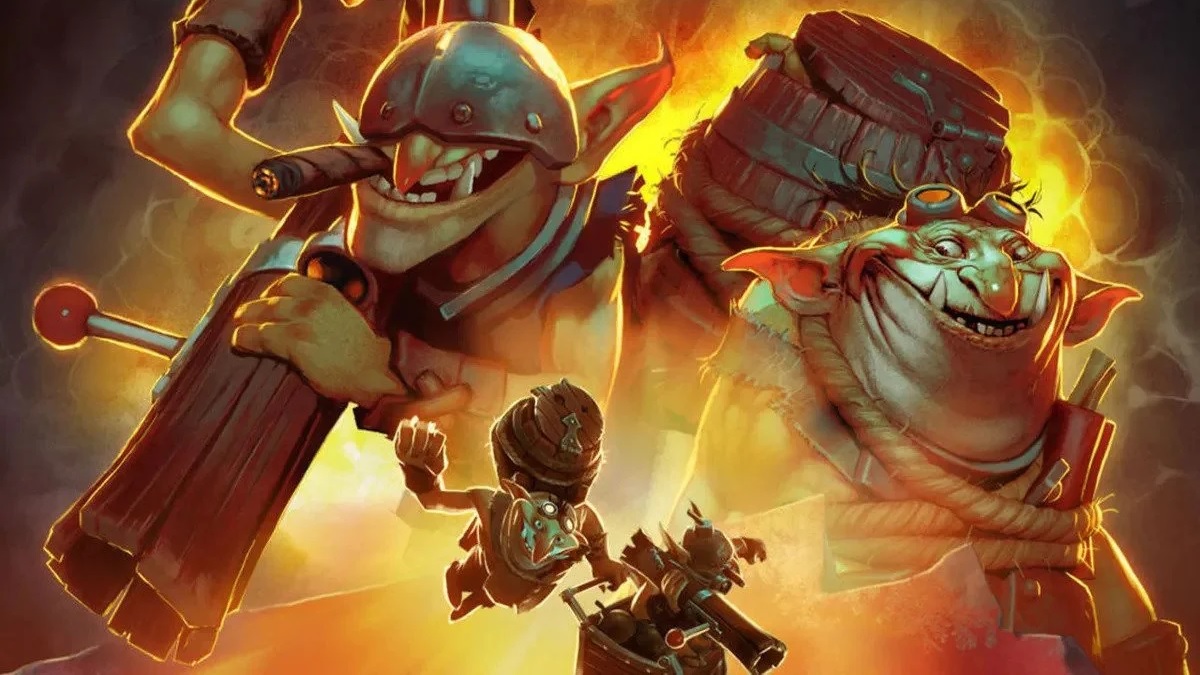
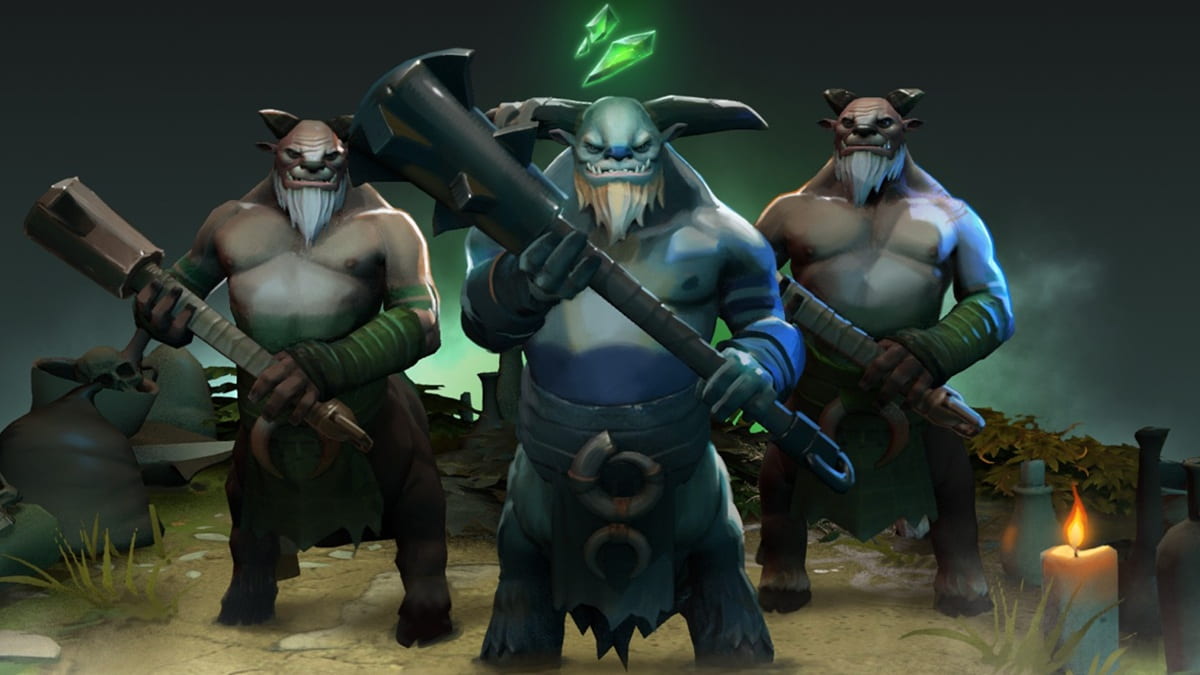


Published: Sep 11, 2023 02:18 am